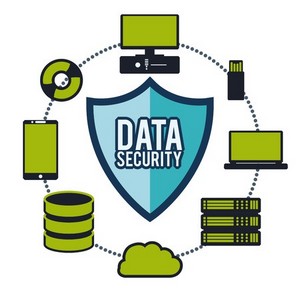Here we explain what Virtual Private Network is and how VPN works.
In the old days of mail delivery by stagecoach, the mail had to be protected by someone riding a shotgun. This person kept away the bad guys who wanted to steal the mail. Many people mistakenly believe that email and other Internet information exchanges are secure and not subject to the same dangers as in the old days, but nothing could be further from the truth.
Cyber thieves can steal your emails and information in a moment, and most of the time, you won’t even know it happened. This threat is the reason you need Virtual Private Network (VPN) protection.

Understanding the Threat
In order to have effective VPN protection, you first need to know how VPN works. If you had only one network cable connecting your computer to the computer of your co-worker, there would be no chance that anyone could steal the information going between the computers.
The Internet, however, is a vast network of cables that connect a myriad of computers. When you send information to your coworker, it’s like sending the mail in a stagecoach through thousands of miles of untamed wilderness filled with outlaws.
Using Encryption to Protect Information
Imagine if the old stagecoaches had a tunnel between each city, and none of the bad guys could get into the tunnels. That’s essentially what a VPN does for your Internet communications.
A VPN is a private network that operates within a larger, public network (typically the Internet). Information that is sent through the VPN is encrypted, thus ensuring that those on the larger, public network can’t read it. In this way, a network that is virtually private is created. The VPN becomes that protective tunnel that keeps outsiders out and prevents them from accessing your information as it traverses the Internet.
How VPN Works in Keeping Your Data Safe?
VPN use is especially crucial when working remotely or using a public Wi-Fi hotspot since the information your computer uploads and downloads is all but available to the public. The VPN keeps your information safe using a number of protocols, including:
● Encryption–As discussed above, encryption keeps hackers from being able to read your information even if they find it.
● Dedicated Connections–The VPN creates a virtual P2P connection that can’t be accessed outside the network.
● Spoofing Your IP Address–Some VPNs spoof your IP address by replacing it with alternate information. This clever trick allows you to bypass content filters and makes it appear that you are accessing the internet from a different location.
In a world of rampant identity theft, VPN technology offers a secure way to access sensitive data remotely, giving you the freedom to work anywhere.


